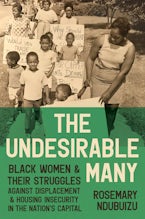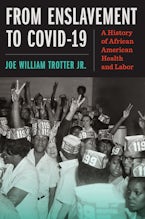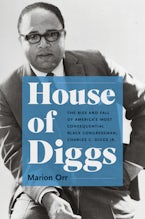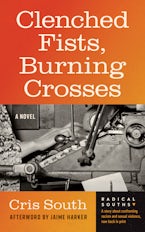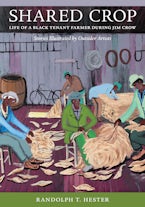What life was like for enslaved people who ran away to the antebellum South’s sanctuary cities.
Viola Franziska Müller examines runaways who camouflaged themselves among the free Black populations in Baltimore, Charleston, New Orleans, and Richmond. In the urban South, they found shelter, work, and other survival networks that enabled them to live in slaveholding territory, shielded and supported by their host communities in an act of collective resistance to slavery. While all fugitives risked their lives to escape slavery, those who fled to southern cities were perhaps the most vulnerable of all. Not dissimilar to modern-day refugees and illegal migrants, runaway slaves that sought refuge in the urban South were antebellum America’s undocumented people, forging lives free from bondage but without the legal status of freedpeople. Spanning from the 1810s to the start of the Civil War, Müller reveals how urbanization, work opportunities, and the interconnectedness of free and enslaved Black people in each city determined how successfully runaways could remain invisible to authorities.



